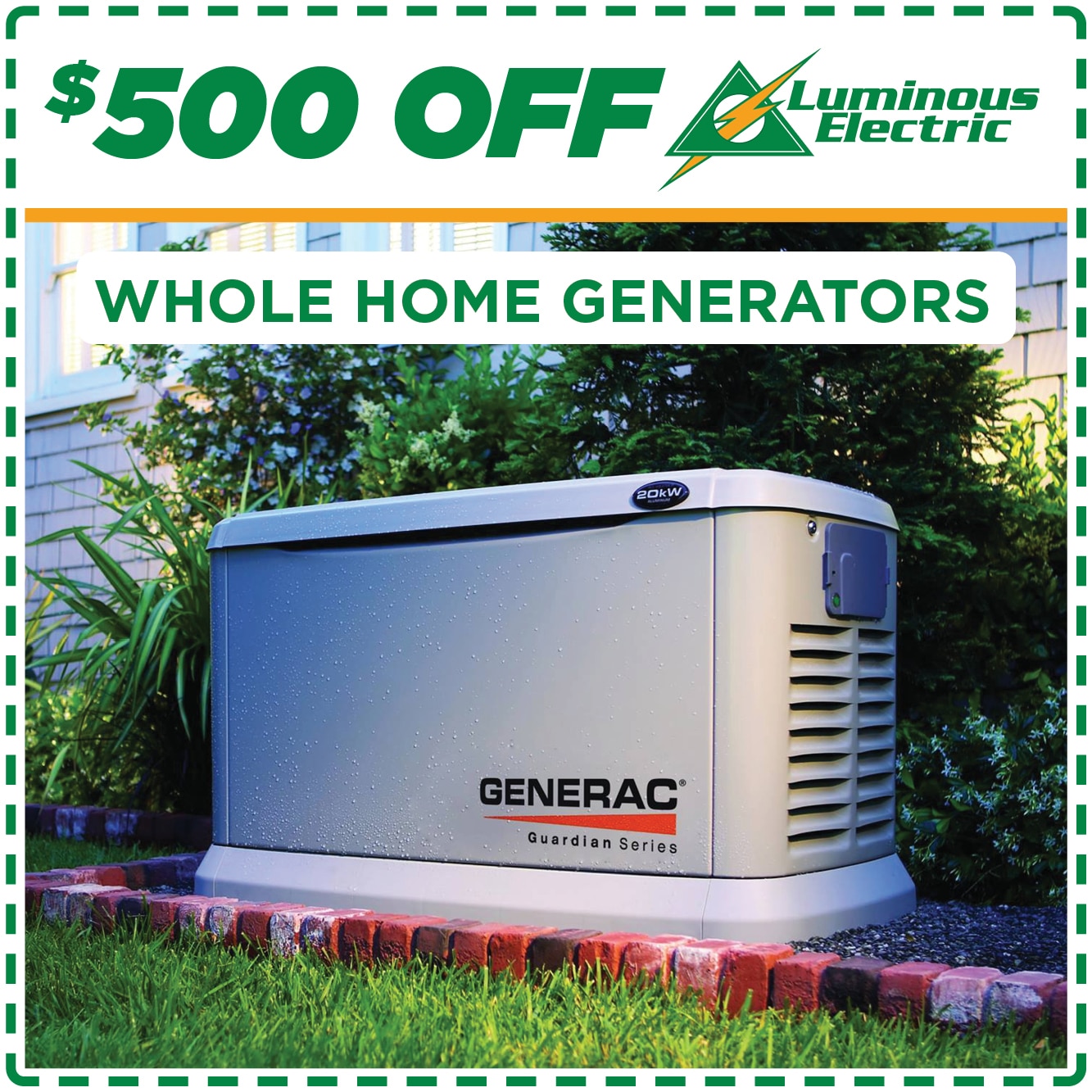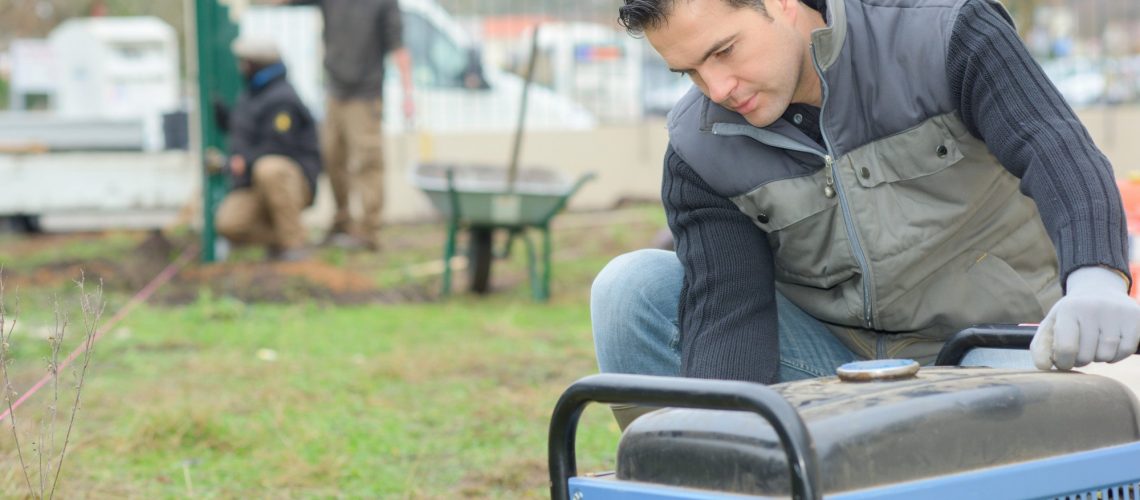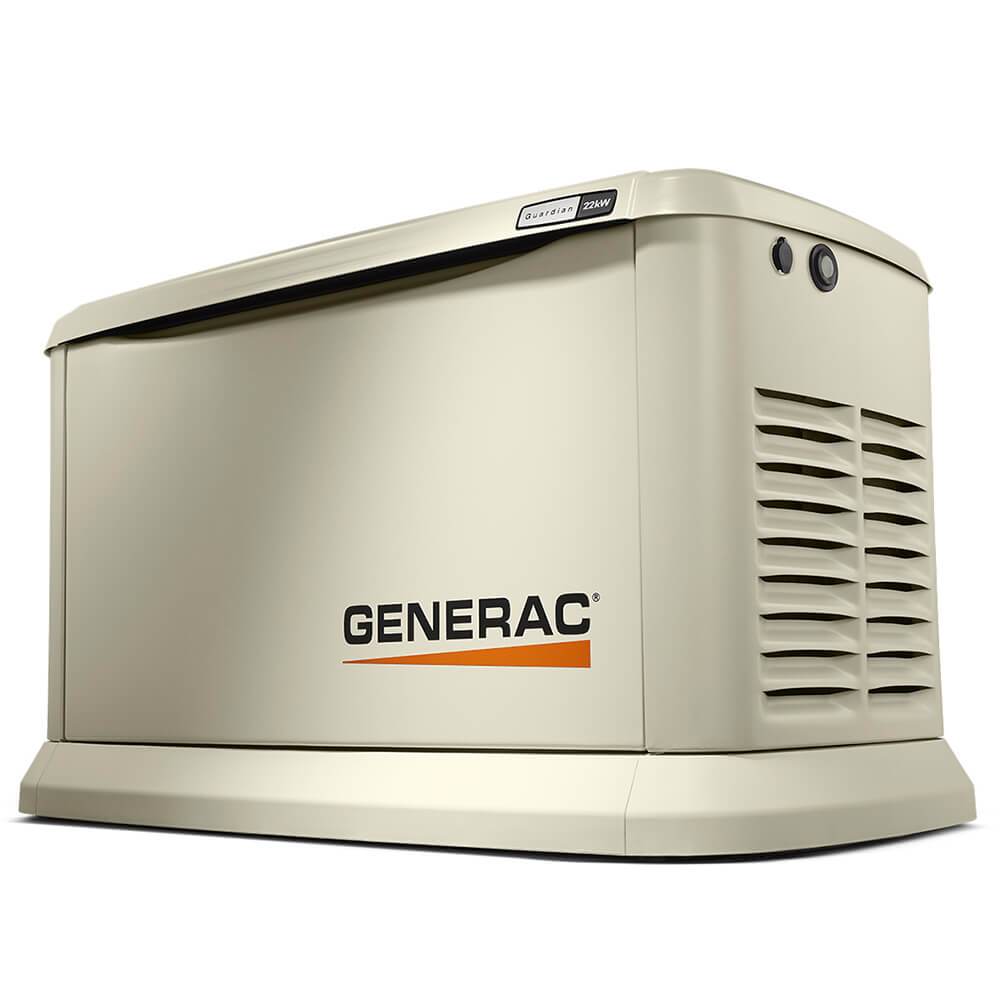Yes, an HOA can deny a standby generator installation. It depends on the community’s rules and regulations.
Navigating the world of Homeowners Associations (HOAs) can be tricky, especially when it comes to making modifications to your property. Installing a standby generator is a common desire among homeowners seeking to ensure their home remains powered during outages. Yet, this seemingly straightforward upgrade can become complicated within the constraints of an HOA.
Many communities have specific guidelines and aesthetic standards that must be met, and these often include restrictions on the installation of external equipment like generators. Understanding your HOA’s covenants, conditions, and restrictions (CC&Rs) is crucial before making any plans. This knowledge not only helps in aligning with the rules but also in preparing a convincing application if you decide to proceed.
Introduction To Hoa And Standby Generators
Homeowners associations (HOAs) govern community living. They set rules for property aesthetics and safety. Standby generators provide power during outages. They keep homes functional and comfortable. But, can HOAs regulate their installation? Let’s explore the role of HOAs and the benefits of standby generators.
The Role Of Hoas
HOAs ensure community harmony and property value protection. They enforce community guidelines. These may include rules on home modifications. HOAs also manage shared spaces and amenities. Their approval is often needed before installing standby generators.
- Enforce community rules
- Manage shared amenities
- Preserve property values
Benefits Of Standby Generators
Standby generators offer uninterrupted power. They kick in automatically during blackouts. This ensures home safety and comfort. Generators also protect against food spoilage and support medical devices.
| Benefit | Description |
|---|---|
| Uninterrupted Power | Automatic activation during outages |
| Home Safety | Keeps security systems running |
| Comfort | Maintains heating and cooling systems |
| Food Preservation | Prevents food spoilage by powering refrigerators |
| Medical Support | Supports life-saving medical devices |
Legal Framework Governing Hoas
Understanding the rules around Homeowners Associations (HOAs) is key. These groups manage communities. They enforce rules to keep order and maintain property values. When it comes to standby generators, HOAs have a say. They ensure harmony and safety within the neighborhood. But their power has limits. State laws and HOA bylaws guide what they can and can’t do.
State Laws And Regulations
State laws set the stage for HOA decisions. These laws define HOA powers. They protect homeowners’ rights too. Each state has different rules. Some may favor homeowners. Others may give more weight to HOAs. It’s important to check local laws before installing a generator.
- Zoning laws impact where you can put a generator.
- Building codes dictate how to install it safely.
- Noise ordinances limit how loud it can be.
Hoa Bylaws And Covenants
HOA bylaws are like a community’s rulebook. These bylaws and covenants are legal documents. Homeowners agree to them when they move in. They often include rules on exterior changes. This includes standby generators.
Bylaws may require approval for big changes. Covenants can restrict types and locations of generators. It’s crucial to read these documents. They help avoid conflicts with the HOA.
| Document | Role | Impact on Generators |
|---|---|---|
| State Law | Sets basic rights and limits | Legal foundation for generator rules |
| HOA Bylaws | Details community rules | May need HOA approval |
| Covenants | Sets specific property restrictions | Limits on placement and type |
Common Restrictions Imposed By Hoas
Homeowners Associations (HOAs) often set rules for community living. These rules can affect your home’s features, including standby generators. Understanding these common restrictions is key before making home improvements.
Aesthetic Considerations
HOAs care about neighborhood looks. Generators should not stick out. They must blend with your home and surroundings. Here’s what HOAs usually check:
- Color – Generators should match the house color.
- Size – They must be proportional to your property.
- Location – Hidden spots are preferred.
Noise Regulations
Generators can be loud. HOAs set noise limits to keep peace. They require:
- Quiet models – Choose generators with low decibel levels.
- Insulation – Noise barriers can help meet regulations.
- Test runs – Schedule these during allowed times.

Credit: www.lumelect.com
Hoa Approval Process For Modifications
Navigating the HOA Approval Process for Modifications can seem daunting. It’s key for homeowners wanting to add a standby generator. Understanding the steps involved helps smooth the path. This guide outlines the application and decision-making phases.
Application Procedures
Start by gathering all necessary documents. Your HOA will likely require detailed plans of the generator installation, including its size and location. Be thorough to avoid delays.
- Review your HOA’s bylaws and covenants for any guidelines on modifications.
- Fill out the application form provided by your HOA.
- Attach a detailed plan of the proposed modification, emphasizing the generator.
- Submit the application along with any required fees to your HOA board.
Review And Decision-making
After submission, the HOA board reviews your application. This process can take several weeks. They may request additional information or a meeting to discuss the project. Stay patient and cooperative.
- The HOA board reviews the application against community standards.
- If needed, the board requests more details or a project presentation.
- The board votes on the application.
- You receive a written decision. If approved, you may proceed.
Remember, each HOA has unique rules. Some may have strict guidelines against certain types of modifications. Others might be more lenient. Always communicate openly with your HOA board to understand their concerns and requirements.
Reasons For Hoa Denials
Many homeowners face HOA denials for standby generators. Let’s explore why.
Non-compliance With Guidelines
HOAs have rules. Standby generators must meet these rules. Sometimes, they don’t.
- Size matters: Big generators can break rules.
- Location is key: Wrong spots lead to denials.
- Noise levels: Loud generators annoy neighbors.
Following HOA guidelines is crucial. Avoid denials by checking them first.
Concerns About Property Values
HOAs worry about home values. Generators can affect these values.
- Looks: Big, ugly generators can make homes less appealing.
- Noise: Noisy generators drive neighbors crazy. Home values drop.
Protecting property values is an HOA’s job. Understand their concerns.
Dispute Resolution And Appeals
Navigating the waters of Homeowners Association (HOA) rules can be tricky. Especially when it involves installing a standby generator. Homeowners may face denials. But options exist to resolve disputes. This section delves into the avenues open for mediation and formal appeals.
Mediation Options
Mediation offers a way to settle disputes without a formal appeal. It involves a neutral third party. This party helps both sides reach an agreement. Mediation is often faster and less costly than other methods.
- Check your HOA’s bylaws for mediation provisions
- Contact a professional mediator if the HOA agrees
- Prepare your case with evidence and reasons
- Aim for a solution that works for both parties
Formal Appeal Process
If mediation fails, a formal appeal is the next step. This is a structured process. Homeowners present their case to the HOA board.
- Submit a written appeal to the HOA board
- Include all relevant details and documentation
- Attend the appeal hearing ready to present your case
- Respect the board’s final decision
Remember, rules vary across different HOAs. Always review your HOA’s specific guidelines. Seek legal advice if needed.
Case Studies: Hoa And Generator Conflicts
Exploring Case Studies: HOA and Generator Conflicts uncovers valuable insights. Homeowners Associations (HOAs) can restrict generator installation. Yet, homeowners often need them for power outages. Let’s delve into real-life scenarios where residents and HOAs clashed or collaborated over standby generators.
Successful Installations
- Quiet Suburb, Texas: A homeowner got approval by choosing a low-noise model.
- Lakeside Community, Florida: The HOA approved a generator after a hurricane caused prolonged power outages.
Disputes And Resolutions
| Location | Dispute | Resolution |
|---|---|---|
| Mountain Ridge, Colorado | HOA denied installation due to aesthetics. | Homeowner used camouflage techniques to blend the unit with surroundings. |
| Seaside Villas, California | Generator noise levels exceeded HOA rules. | Homeowner installed a sound-attenuating enclosure. |

Credit: generatorsupercenterheartland.com
Navigating Hoa Requirements
Understanding your Homeowners Association’s rules is crucial. Standby generators are a big investment. They ensure power during outages. But, will your HOA allow it? Let’s explore how to work with your HOA and find alternative solutions.
Working With The Hoa
Communication is key. Begin by reviewing your HOA’s bylaws. Find sections on home modifications. Next, draft a proposal. Outline the generator’s benefits, such as safety during power outages. Include technical details like size and noise levels. Seek support from neighbors too. They might also appreciate a standby generator.
- Review HOA bylaws – Look for modification rules.
- Prepare proposal – Highlight benefits and specs.
- Gather support – Talk to your neighbors.
Attend an HOA meeting. Present your proposal professionally. Be ready for questions and feedback. Show willingness to comply with aesthetic and noise guidelines. Offer to place the generator where it’s least intrusive.
Alternative Solutions
If the HOA says no, don’t give up. Consider a portable generator. They’re less permanent and might comply with HOA rules. Look into battery backup systems too. They are quiet and can be kept indoors.
| Option | Pros | Cons |
|---|---|---|
| Portable Generator | Mobile, less costly | Fuel storage, manual start |
| Battery Backup | Quiet, indoor use | Limited power, higher cost |
Explore solar panels with storage batteries. They’re eco-friendly and may be more acceptable to HOAs. Research local zoning laws too. Some laws may support your right to a generator despite HOA rules.
- Portable generators – Mobile, might meet HOA rules.
- Battery backups – Quiet, indoor options.
- Solar panels – Eco-friendly, with storage options.
- Zoning laws – Check local regulations.

Credit: www.generatorfactoryoutlet.com
Frequently Asked Questions
Can Hoas Prohibit Standby Generators?
HOAs may enforce restrictions on standby generators due to aesthetic concerns, noise levels, or local regulations. However, outright prohibition is less common and often subject to state laws.
What Are Common Hoa Generator Regulations?
Common regulations include placement restrictions, noise level limits, size and type specifications, and requirements for professional installation and maintenance.
How To Get Hoa Approval For A Generator?
To obtain HOA approval, submit detailed plans, including the generator’s location, type, appearance, and noise ratings, and ensure compliance with the HOA’s covenants and local laws.
Are There Exceptions To Hoa Generator Rules?
Exceptions to HOA generator rules may exist for medical necessity or as mandated by local laws that override HOA covenants, particularly during emergencies.
Can You Challenge An Hoa’s Generator Decision?
Challenging an HOA’s decision involves reviewing the governing documents, negotiating with the board, and seeking legal advice to understand your rights and potential recourse.
Conclusion
Navigating HOA regulations for standby generator installation can be complex. It’s essential to review your community’s rules and engage in open communication with your HOA. By taking these steps, you increase the chances of approval for your home’s power security.
Remember, preparedness and compliance go hand in hand.





